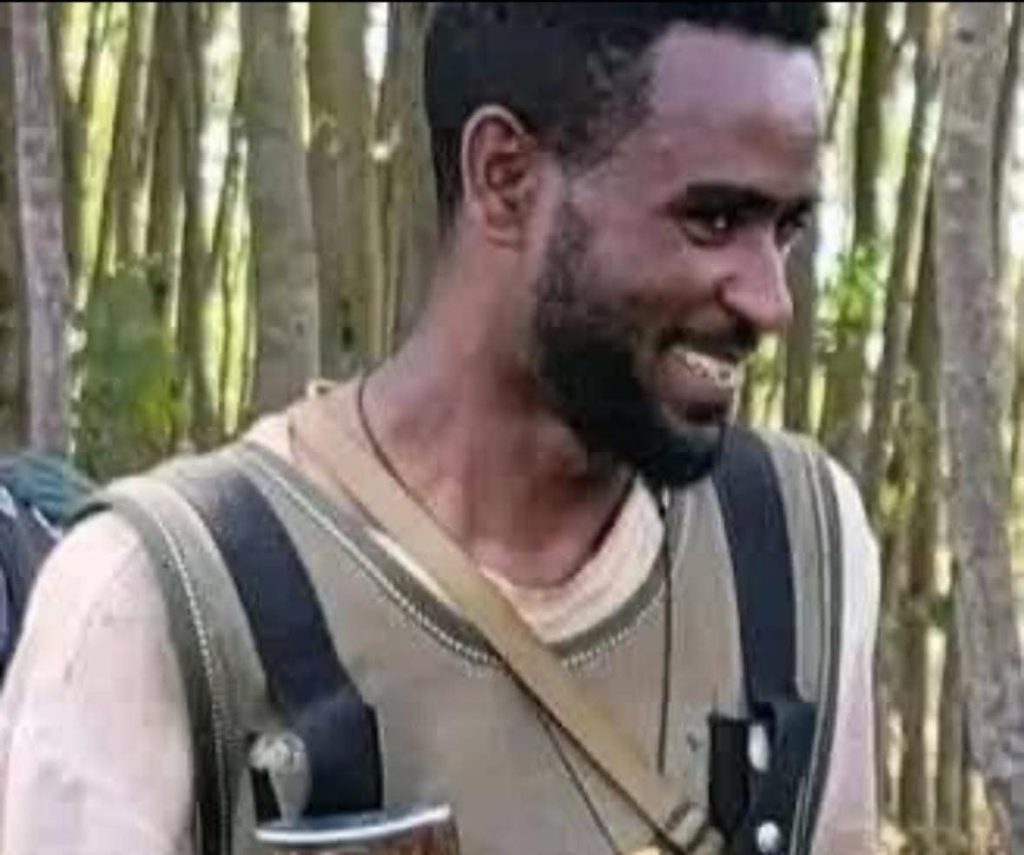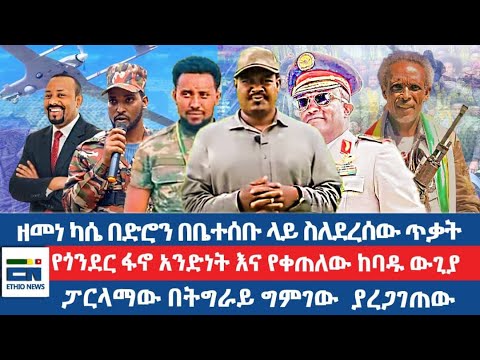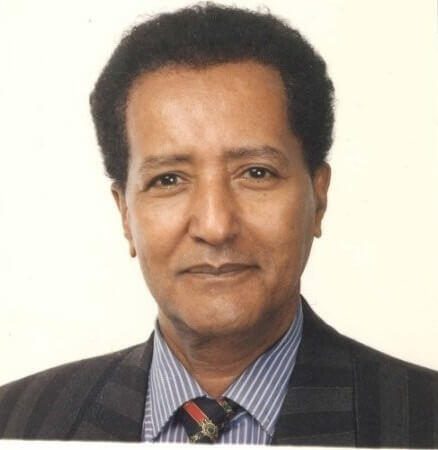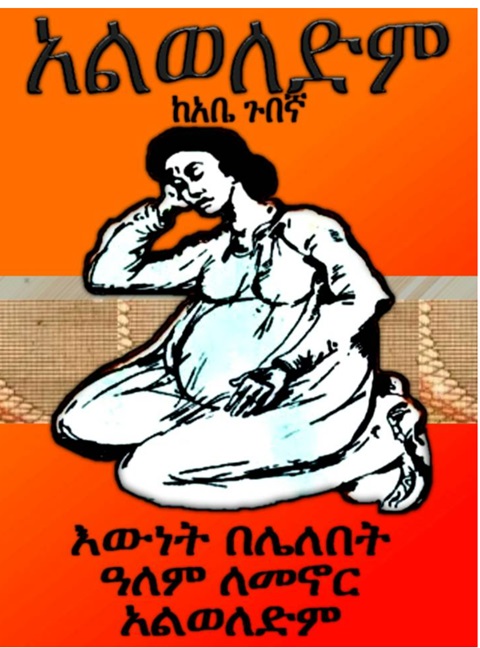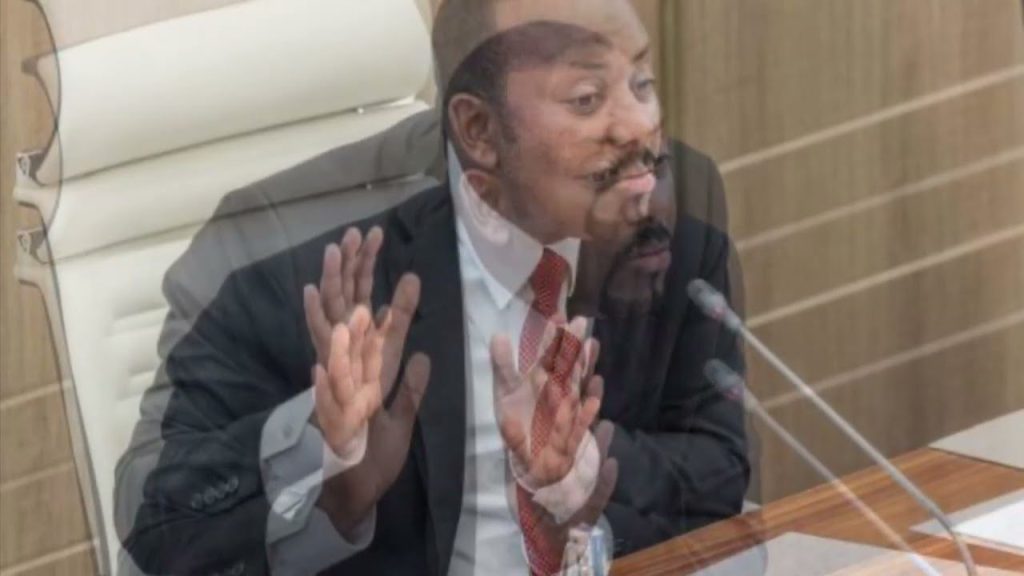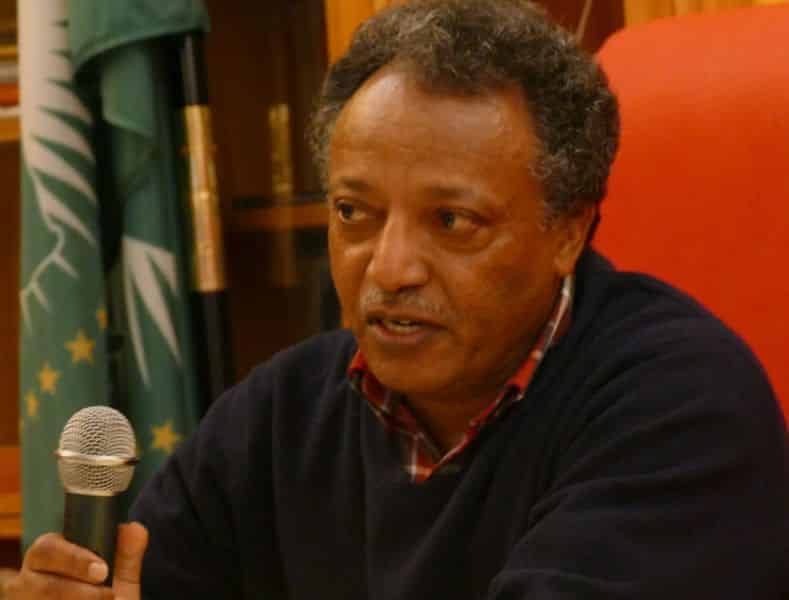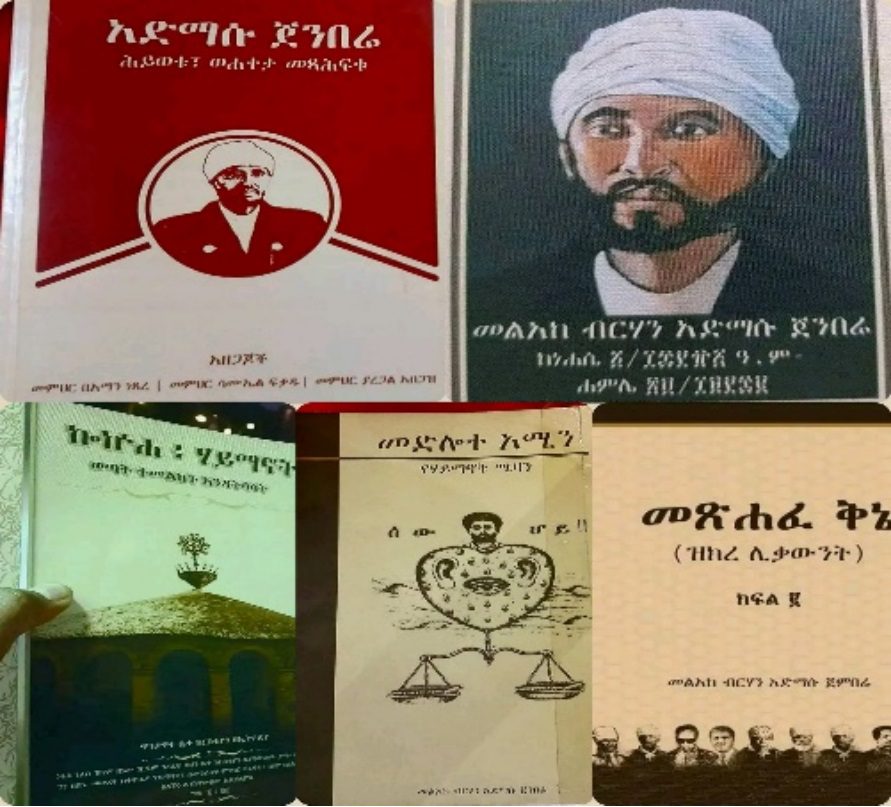April 2, 2013, Nairobi (Human Rights Watch) – The prosecution of 29 Muslim protest leaders and others charged under Ethiopia’s deeply flawed anti-terrorism law raises serious fair trial concerns. The trial is scheduled to resume in Addis Ababa on April 2, 2013, after a 40-day postponement.
The case has already had major due process problems. Some defendants have alleged ill-treatment in pre-trial detention. The government has provided defendants limited access to legal counsel and has taken actions that undermined their presumption of innocence. Since January 22 the High Court has closed the hearings to the public, including the media, diplomats, and family members of defendants.
“There seems to be no limit to the Ethiopian government’s use of its anti-terrorism law and unfair trials to stop peaceful dissent,” said Leslie Lefkow, deputy Africa director. “The government’s treatment of these Muslim leaders bears the hallmarks of a politically motivated prosecution.”
The defendants include Muslim leaders and activists arrested and detained in July 2012 following six months of public protests in Addis Ababa and other towns by Ethiopia’s Muslim community over alleged government interference in religious affairs. Others on trial include Yusuf Getachew, former managing editor of the now defunct Islamic magazine Yemuslimoch Guday, and two Muslim nongovernmental organizations, allegedly managed by three of the defendants. Solomon Kebede was arrested and is being held under the anti-terrorism law.
According to official figures, Muslims make up approximately 30 percent of Ethiopia’s population. The protest movement began after the government insisted that the Supreme Council of Islamic Affairs accept members from an Islamic sect known as al Ahbash and tried to impose its teachings on the Muslim community. The government also sought to influence the operations of the Awalia mosque in Addis Ababa.
In January 2012 the Muslim community created a committee to represent it in discussions with the government. Nine of the 17 members of this committee are among those on trial: Abubekar Ahmed, Ahmedin Jebel, Ahmed Mustafa, Kamil Shemsu, Jemal Yassin, Yassin Nuru, Sheikh Sultan Aman, Sheikh Mekete Muhe, and Sheikh Tahir Abdulkadir. They were arrested as the Ethiopian security forces began a major crackdown on the protests at Awalia and Anwar mosques in Addis Ababa and on protests in other cities as well, arresting and assaulting hundreds of protesters. Although the government has not released numbers, credible sources told Human Rights Watch that as many as 1,000 people were arrested in July alone.
Journalists attempting to cover or report on the protests were also detained or intimidated. Despite these arrests, weekly protests have continued throughout the country.
As in Ethiopia’s earlier terrorism trials of journalists and opposition leaders, the current trial has been marred by serious due process violations.Defendants have had erratic access to lawyers and relatives, and a number of the defendants were initially held for almost two months without access to legal counsel.
Lawyers for the defendants have repeatedly complained to the courts about the treatment of their clients, and alleged that the Muslim committee members and Getachew were mistreated during their pre-trial detention at the Federal Police Crime Investigation Department, known as Maekelawi prison, in Addis Ababa, which is notorious for torture. The complaints do not appear to have been appropriately investigated. Both the first instance court and the higher court have claimed not to have the jurisdiction over these matters.
The defendants have all been charged with “terrorist acts” under article 3 of Ethiopia’s 2009 Anti-Terrorism Proclamation, and with planning and conspiracy to commit terrorist acts under article 4. Descriptions of the charges in the initial charge sheet do not contain the basic elements of the crimes that the defendants are alleged to have committed.
Human Rights Watch, other human rights organizations, and the United Nations Office of the High Commissioner for Human Rights have repeatedly raised concerns about the Anti-Terrorism Proclamation’s overly broad provisions, which have been used to criminalize legitimate free expression and peaceful dissent. Thirty-four people, including eleven journalists and at least four opposition supporters, are known to have been sentenced under the law between late 2011 and mid-2012 in apparently politically motivated trials.
The government has also undermined the defendants’ presumption of innocence by broadcasting inflammatory material and accusations against them on state television. In February state-run Ethiopian Television (ETV) broadcast a program called “Jihadawi Harakat” (“Jihad War”) that included footage of at least five of the defendants filmed in pre-trial detention, including Muslim committee members Kamil Shemsu, Ahmed Mustafa, Abubekar Ahmed, and Yassin Nuru, and the activist Nuru Turki. The program equates the Muslim protest movement in Ethiopia with Islamist extremist groups such as Somalia’s armed al-Shabaab militants, and casts the Muslim protest leaders as terrorists. The High Court granted an injunction prohibiting the broadcast but ETV ignored the court order.
The ETV broadcast was the latest in a series of television programs – many of them produced by the government’s Communications Ministry in collaboration with police or security services –that try to smear the defendants in terrorism trials. In November 2011, ETV broadcast “Akeldama” (“Land of Blood”) during the terrorism trial of 24 people, including prominent members of the political opposition and journalists. The program, which included film of several of the defendants in pre-trial detention, apparently under duress, described the defendants’ alleged involvement in a “terrorist plot.”
Two Swedish journalists were the subject of another similar piece in 2011 after they were arrested in Ethiopia’s eastern Somali region. They were subjected to a mock execution during the filming.
“The unfair trial of the Muslim activists is compounded by the government’s TV program that demonizes them as ‘terrorists’ and threatens to raise suspicion of all Muslims and their ongoing protests,” Lefkow said. “The Ethiopian government is prosecuting people who are simply trying to protect their rights to religious freedom and free speech.”
The government has also continued to use the anti-terrorism law to silence the media.
Kebede, Getachew’s successor at Yemuslimoch Guday, has been held for more than two months in pre-trial detention without charges. Heis being held in Maekelawi prison, withoutaccess to legal counsel, which heightens concerns about his treatment and safety.
On March 15 the first instance court granted the police an additional 28 days for further investigation in Kebede’s case. The Anti-Terrorism Proclamation permits pre-trial detention for up to four months without charge, one of the longest periods in anti-terrorism legislation worldwide,in violation of Ethiopia’s international legal obligations. Under the Ethiopian constitution detainees must be charged or released within 48 hours.
“Rather than jailing peaceful protesters and critical journalists, the government should amend the anti-terrorism law and stop these politically motivated trials,” Lefkow said. “The government should be reaching out to the Muslim community and discussing their grievances rather than silencing their voices and leaders.”
Source –hrw

